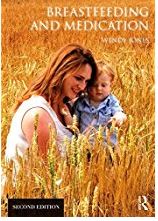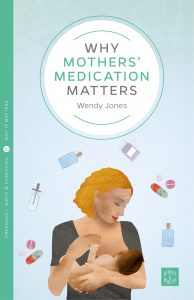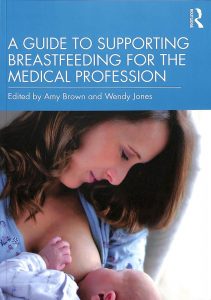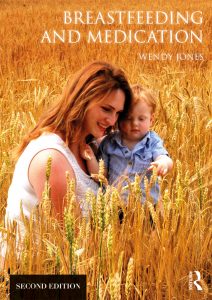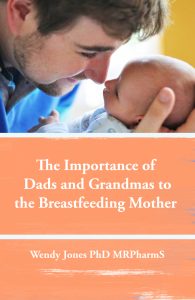Because I am immunocompromised myself, I am all too well aware of the information on protection from COVID 19 including the recommendations launched in December 2021 by the government on sotrovimab (Xevudy) and molnupiravir (Lagevrio) . This may affect some breastfeeding mothers e.g. those with IBD or on biologicals for other reasons . There are no simple answers but this is the information I have been able to find in one place. The factsheet was updated in April 2022 following the licence change by the FDA of sotrovimab, and added data on Evusheld and remdesivir .
In January 2023 the WHO changed guidelines on the preferred therapies and compatability with the drug which they recommend and breastfeeding. This is the information which I have been able to access
https://breastfeeding-and-medication.co.uk/wp-content/uploads/2023/01/COVID-19-and-CEV-jan-2023.pdf
Update WHO Guidelines January 2023 https://www.who.int/publications/i/item/WHO-2019-nCoV-therapeutics-2023.1
NICE TA 878 March 2023 Casirivimab plus imdevimab, nirmatrelvir plus ritonavir, sotrovimab and tocilizumab for treating COVID-19 https://www.nice.org.uk/guidance/ta878
In October 2023 the Specialist Pharmacy Service (SPS) reported that breastfeeding can continue as normal during COVID-19 infection, even if dexamethasone, Paxlovid, sotrovimab or tocilzumab are required. COVID-19 vaccines can also be given. https://www.sps.nhs.uk/articles/managing-covid-19-and-breastfeeding
nirmatrelvir-ritonavir (Paxlovid)
- The GDG concluded that nirmatrelvir-ritonavir represents a superior choice because it may have greater efficacy in preventing hospitalization than the alternatives; has fewer concerns with respect to harms than does molnupiravir; and is easier to administer than intravenous remdesivir and the antibodies.
- Clinicians should review all medications and not consider nirmatrelvir-ritonavir in patients with possible dangerous drug interactions (note: many drugs interact with nirmatrelvir-ritonavir).
- Fully informed shared decision-making should determine whether nirmatrelvir-ritonavir should be used in pregnant or breast-feeding women, given possible benefit and residual uncertainty regarding potential undesirable effects.
- Nirmatrelvir-ritonavir should be administered as soon as possible after onset of symptoms, ideally within 5 days.
- Data on breastfeeding from expert sources is in the link but two case reports in which nirmatrelvir/ritonavir was given to breastfeeding women did not report any adverse effects in their infants.
casirivimab-imdevimab strongly recommended against use
sotrovimab strong recommendation against use because neutralization of currently circulating variants of SARS-CoV-2 and their subvariants with sotrovimab is diminished.
